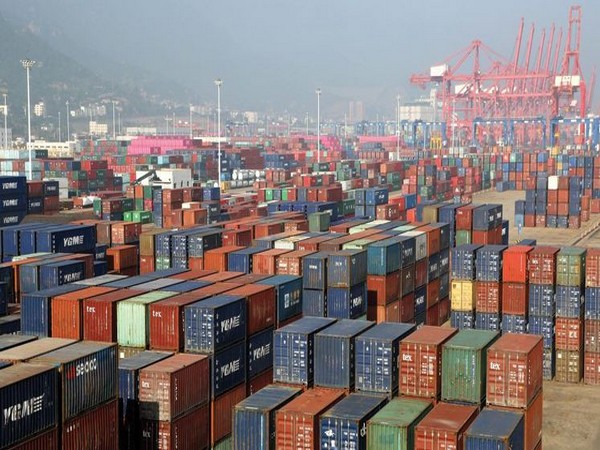DG of foreign trade adopts rule-based automation to streamline export procedures
To enhance the ease of doing business and reduce clearance times for exporters, the Directorate General of Foreign Trade (DGFT) announced on Thursday the implementation of a rule-based, system-driven process to determine ad-hoc Input Output Norms.

- Country:
- India
To enhance the ease of doing business and reduce clearance times for exporters, the Directorate General of Foreign Trade (DGFT) announced on Thursday the implementation of a rule-based, system-driven process to determine ad-hoc Input Output norms. This initiative is part of broader efforts by the Ministry of Consumer Affairs to modernize and streamline foreign trade procedures, aligning with a policy shift towards a more facilitating regime that leverages technological interfaces and collaborative principles.
The DGFT oversees the Advance Authorisation Scheme under the Foreign Trade Policy, which allows duty-free import of inputs for export production, including the replenishment of inputs or duty remission. Traditionally, the eligibility of these inputs has been determined by sector-specific Norms Committees based on established input-output norms. The ministry said that the transition to faceless automation of this process reflects a significant move towards efficiency and modernization in trade facilitation.
According to a statement from the Ministry, the DGFT is actively pursuing similar automation initiatives for other processes within the Foreign Trade Policy framework. This highlights the agency's efforts to modernise and enhance efficiency in trade facilitation. Since the announcement of the new Foreign Trade Policy in April 2023, the DGFT has been revamping its systems to expand automated, rule-based processes under the FTP framework. These improvements include enhanced post-issuance audit capabilities and robust risk mitigation functions.
Several key processes have already transitioned to a Rule-Based Automatic system. These include the issuance and amendment of Importer-Exporter Code (IEC), issuance of Status Holder Certificates, renewal of Registration-Cum-Membership Certificate (RCMC), and various functions related to Advance Authorizations such as issuance, revalidation, extension, and invalidation. Additionally, certification for installation under the Export Promotion Capital Goods (EPCG) Scheme is now conducted through this automated process.
The DGFT's move towards a rule-based, system-driven approach for determining Input Output Norms is an important step in embracing technology to facilitate foreign trade. By reducing human intervention and enhancing transparency, these measures aim to foster a more business-friendly environment, ultimately contributing to the overall ease of doing business in the country. (ANI)
(This story has not been edited by Devdiscourse staff and is auto-generated from a syndicated feed.)










